In the battle to stop foot and mouth disease entering the UK, the Government has so far banned commercial imports of meat and dairy products from Germany as well as restricting some products that individual travellers can bring home with them from the EU. But all this could be in vain if we don’t address a potentially bigger threat.
Foot and mouth disease can also be easily spread via soil and mud on people’s shoes, as well as on the tyres of cars and trucks that have been in an infected region. Currently, we have no measures to stop the disease getting into the UK this way.
In an interview on Farming Today this week (listen from 9:31 minutes), Chief Veterinary Officer Christine Middlemiss admitted that, while the virus was first discovered in German water buffalo, it’s not yet known where it came from or where it’s since spread to. She said that the buffalo tested positive, not just for the virus, but also for antibodies, which suggests they’d been infected for some time before they died. This means that people and vehicles moving in and out of the area could have been unwittingly spreading the disease for some time.
It is encouraging that the latest news from Germany is that tests in the immediate area have found no further cases. However, Nick Allen, CEO at the British Meat Processors Association, would like to see tougher measures employed at UK borders to combat this threat: “While prohibiting the importation of at risk products from Germany is essential, until we learn otherwise, we have to assume that there is a risk that this disease could have already moved outside the area of the original outbreak and, potentially beyond the borders of Germany.
“On that basis we should treat all movements from the European Union – both of individuals and vehicles – as a potential risk and take precautions such as disinfectant mats at all points of entry including ports, airports, Channel Tunnel and Eurostar.”
Britain is among a small number of countries that could implement such measures, being surrounded by sea. Others include Australia, which has notoriously strict but effective biosecurity border rules. That said, most arrivals to Australia come through the airports, whereas the UK has more varied arrivals through its busy sea and ports and Eurotunnel.
So far British authorities have imposed restrictions on imports of meat and meat products. The latest announcement prohibits the commercial import of cattle, pigs, sheep, deer, buffaloes and their products such as meat, and dairy from Germany. In addition, it is now also prohibited for travellers to bring unpackaged meat and dairy products into the country from anywhere in the EU, with all products (packaged or unpackaged) being prohibited from Germany.
In practice, such restrictions will be difficult to police and risk not being properly followed by travellers who may not realise that a packaged product bought in France, for example, actually originated in Germany.
Nick Allen explains: “A simpler and more effective way to stop travellers bringing back potentially infected product would be to impose a temporary blanket ban on all meat and dairy products from the EU, coupled with a system of random spot checks. By allowing people to bring back some but not all meat and dairy products from the EU, we are relying on individuals to determine the origin of those products, which may not be immediately obvious.”
We are the UKs largest trade body for the meat industry and provide expert advice on trade issues, bespoke technical advice and access to government policy makers
We are proud to count businesses of all sizes and specialties as members. They range from small, family run abattoirs serving local customers to the largest meat processing companies responsible for supplying some of our best-loved brands to shops and supermarkets.
We are further strengthened by our associate Members who work in industries that support and supply our meat processing companies.
We are the voice of the British meat industry.

17 Clerkenwell Green
Clerkenwell, EC1 0DP
Tel: 020 7329 0776